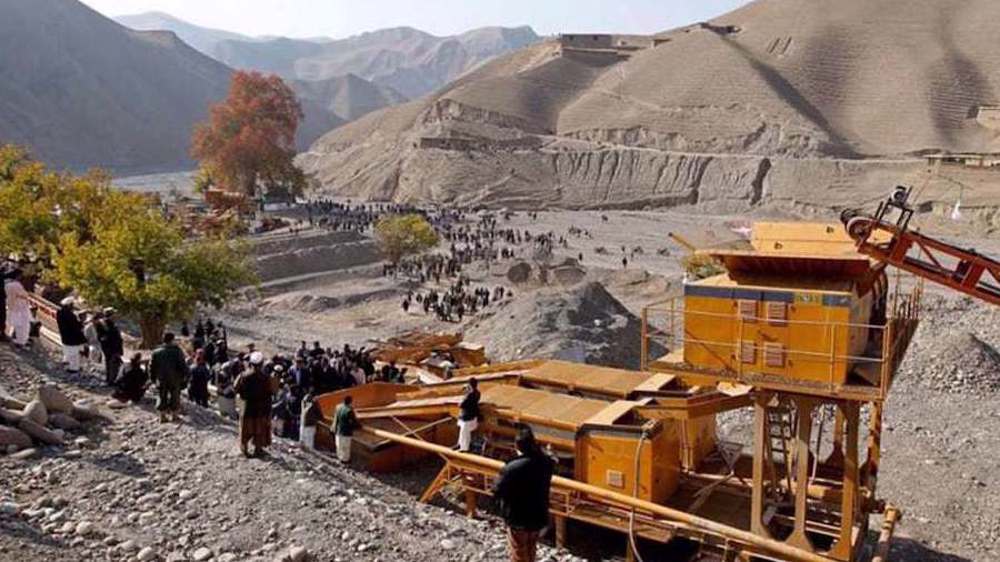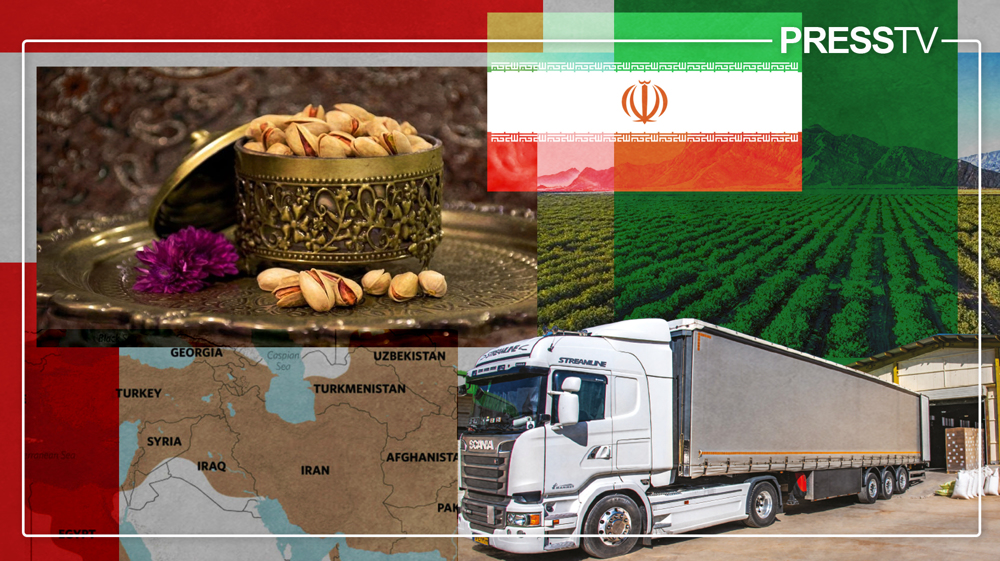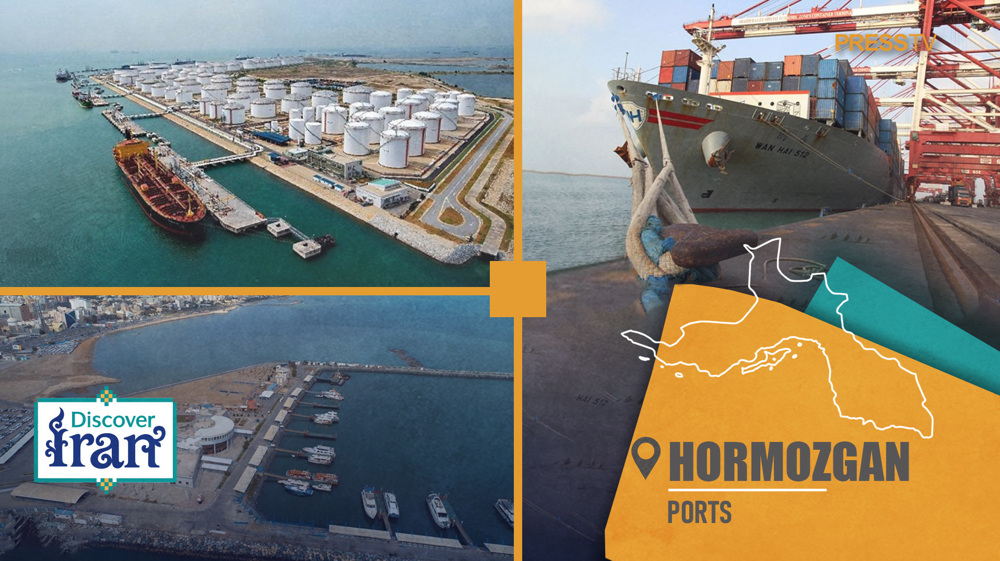Report: Iran firm signs deal to develop Afghan lead, zinc mines
A contract has been signed with an Iranian company for the extraction of lead and zinc in Afghanistan’s Ghor province, the press office of the provincial governor has said.
Under the contract, the company will begin mining operations in the western province in a month, Iran’s Fars news agency reported on Wednesday.
A domestic company has also signed a contract to extract 100,000 tonnes of coal, the report said.
According to the press office of Ghor’s governor, a delegation from the mines and petroleum ministry of the Taliban government will arrive in the province with the aim of monitoring and fast-tracking mining operations.
Various estimates of Afghanistan’s hidden wealth have been made in recent years, but the challenge of exploiting the resources in a country at war and with little mining infrastructure is daunting for most investors.
Afghanistan hopes that untapped mineral deposits valued at $3 trillion could help bankroll its impoverished economy and for its soldiers to maintain security after the withdrawal of foreign troops.
The untapped mineral resources include iron ore, copper, lithium, oil gas and gems which Afghanistan hopes to put for developing in coming years.
In August 2010, Afghanistan said it had discovered an oilfield with an estimated 1.8 billion barrels in the north of the war-ravaged country.
Officials said then the discovery of the basin between northern Balkh and Shiberghan provinces was made after a survey conducted by Afghan and international geologists.
China acquired a 30-year lease on the Mes Aynak copper mine for around $3 billion in 2008 but the project has been plagued by delays due to contractual wrangling.
Back in March, Iranian Minister of Industry, Mine and Trade Reza Fatemi-Amin said he had held talks with the Taliban government to help exploit iron ore mines in Afghanistan.
“Afghanistan is rich in mineral reserves. A huge deposit of an Iranian iron ore mine named Sangan, which is situated in Khaf lies in Afghanistan. Thanks to its facilities and high-tech know-how, Iran can help exploit the iron ore in Afghanistan. This will be mutually beneficial. We are following up the negotiations with the Afghan party to gradually build processing capacities in Afghanistan. We can swap Iranian goods for the ore we exploit in Afghanistan,” Reza Fatemi-Amin noted.
Iran sees Afghanistan's development as a boon to its own. The constant principle for Iran has been the development of its neighbor irrespective of who rules the country, because underdevelopment and insecurity in Afghanistan also affect Iran.
Iran is Afghanistan’s largest trading partner, with around $2 billion in bilateral trade each year, nearly a third of Afghanistan’s total trade volume.
Even under US allies at the helm in Afghanistan, Iran's development projects did not stop in the war-torn country. The Islamic Republic has spent millions of dollars on development and reconstruction projects in Afghanistan. It has built hundreds of kilometers of highways and railroads.
Tehran was one of the largest donors at a 2002 Tokyo conference, pledging more than India, Saudi Arabia, the United Arab Emirates, Turkey, Norway, Switzerland, Australia, and Pakistan combined.
The Islamic Republic also hosts around three million Afghans, including around one million refugees and two million undocumented migrants, according to the United Nations.
VIDEO | Thousands rally in Caracas a month after US forces captured Maduro, his wife
VIDEO | Press TV's news headlines
VIDEO | Merowe Dam targeted as youth mobilize to protect Sudan’s Northern State
VIDEO | India faces scrutiny over minority worship attacks
VIDEO | UN special rapporteur says third states have enabled Israel’s crimes in Gaza
Son of former Libyan ruler Gaddafi killed in ‘home attack’: Aides
Iran finalizes planning for talks with US; venue to be announced: Foreign Ministry
VIDEO | The official opening of Rafah Crossing










 This makes it easy to access the Press TV website
This makes it easy to access the Press TV website